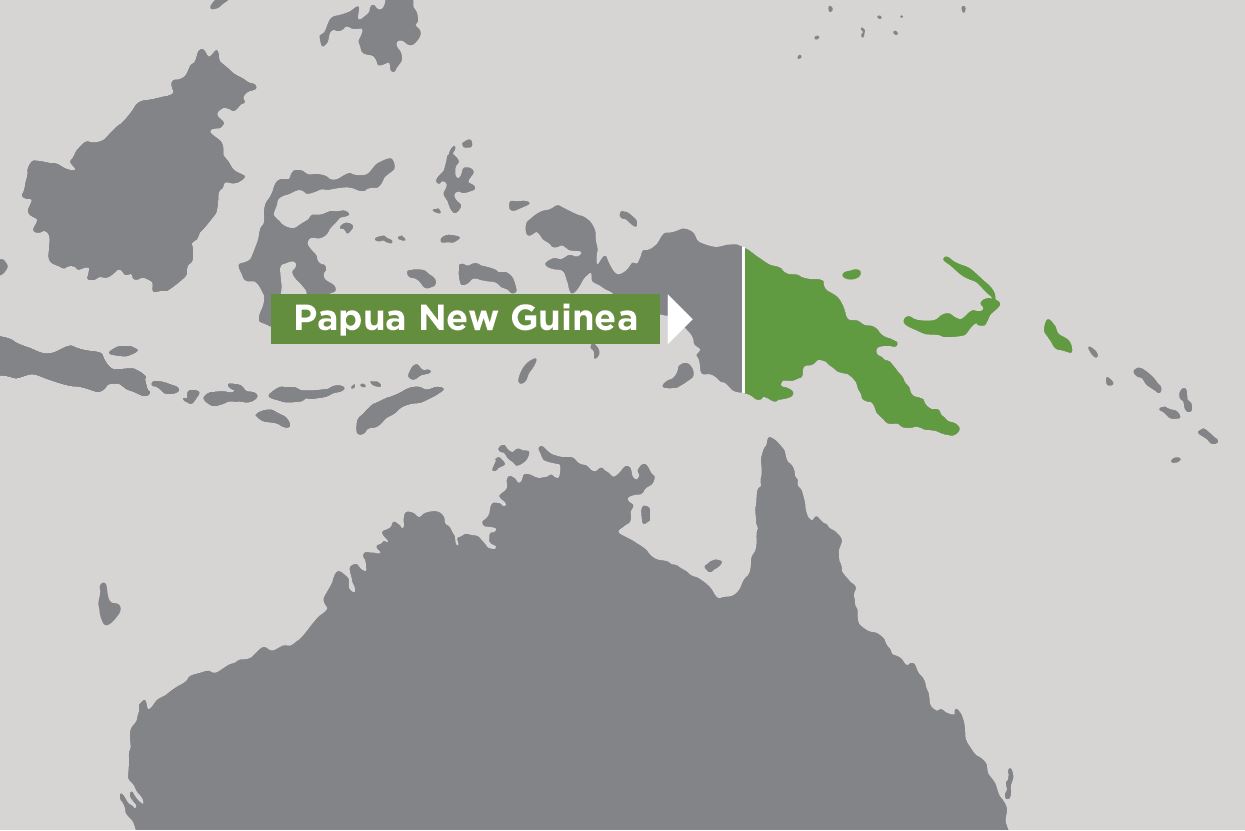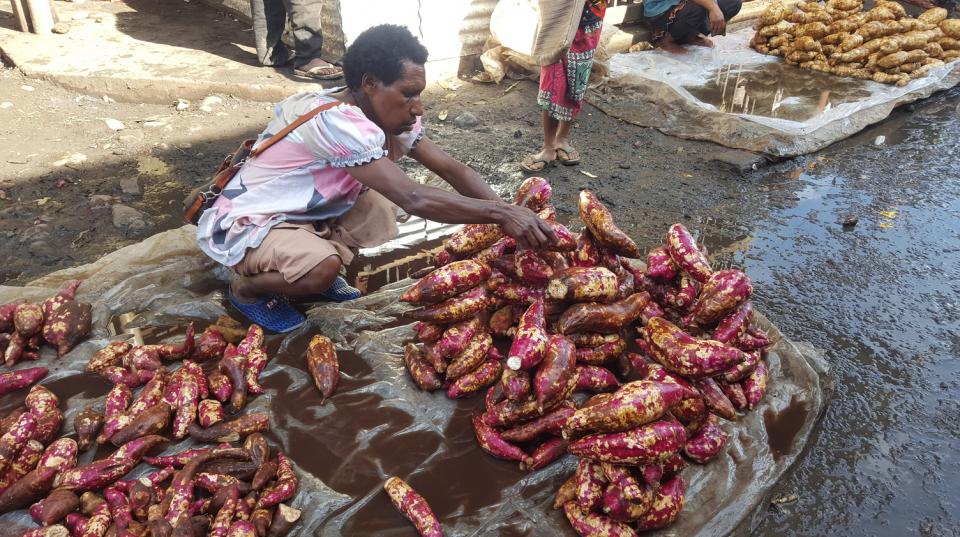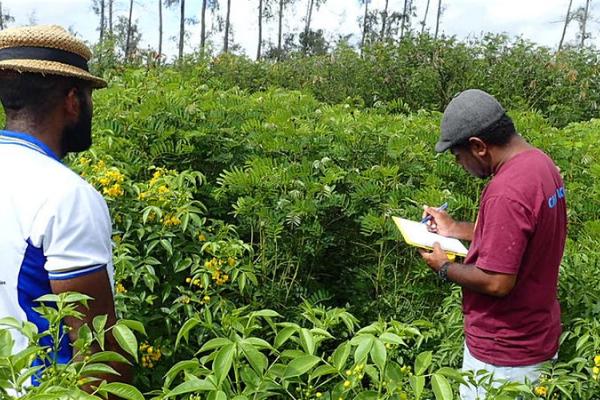Overview
This project is providing farmers with a range of nutrient supply options to underpin the sustainable intensification of the PNG Highland sweetpotato cropping system.
Papua New Guinea’s (PNG) population has more than doubled in the last 30 years, with the highest growth rates in the Highland provinces. Chronic malnutrition is rife.
The country has limited land available to expand agricultural production, which means that existing food production systems will need to intensify to feed the rapidly growing population.
Sweetpotato is both a staple food and a cash crop in the PNG Highlands, with most producers engaged in subsistence farming. Studies show that farmers in the region are growing sweetpotato with a shorter fallow period and more rotations with legume crops, and using shorter cropping periods compared with 10 years ago. The sustainable intensification of the sweetpotato cropping system will be essential in increasing food security and improving the livelihoods and incomes of all rural highland communities. This project seeks to address this need.
Expected project outcomes
- Improved food security and sovereignty as well as higher household incomes of rural communities in the PNG Highlands thanks to increased and sustained production of sweetpotato.
- Greater dietary diversity and improved nutrition, especially among women and children, due to increased use of legume rotation crops.
- Increased nutrient inputs through crop rotations, hedgerow management, and the use of commercial fertilisers for the projected adoption of high-yielding varieties by semi-commercial farmers.
- Improved quality and reliability of the PNG national plant and soil analytical service, and greater capacity of junior scientist/technician to manage the improved service after the project is completed.
Summary of outcomes to date
2021–22
The social science research is beginning to reveal some of the complexities of gendered roles in sweetpotato production and the management of soil improvements. A small first study has shown that women do most of the work in relation to growing and selling sweetpotato and have a greater say over the expenditure of cash income from sweetpotato. At the same time, some shared work is evident across the production cycle and in relation to managing soil improvement. The next research will focus on a deeper understanding in order to identify the scaffolding now needed to engage men and aid in maximising women and men’s capacity to manage farm roles, the crop and the income generated in an equitable way.







